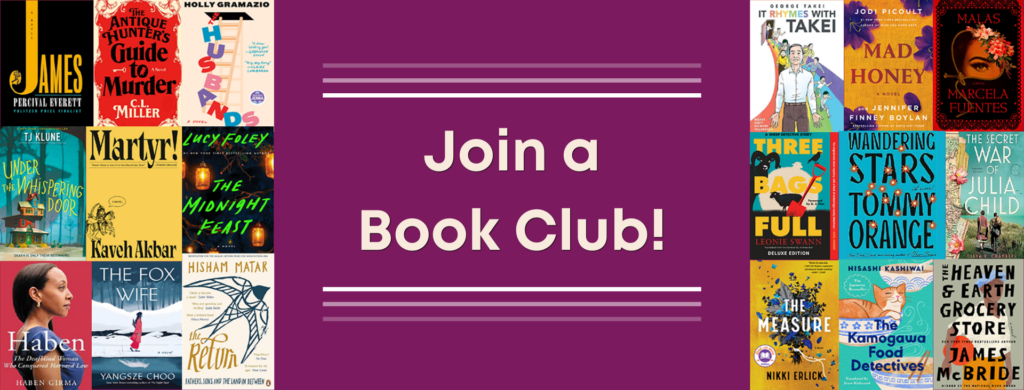LGBTQI+ Community Mardi Gras Benefit Party Set for Feb. 20 in Rohnert Park
A community-driven Mardi Gras benefit party will take place Friday, Feb. 20, bringing music, celebration and fundraising together in support of LGBTQ+ visibility and community resilience.
The event, Mardi Gras 2026, will be held at Sally Tomatoes and is timed to follow Mardi Gras proper on Feb. 17, extending the season of celebration while centering local impact. The fundraiser is produced by community organizer Athena Rowan with support from regional partners and sponsors.
Proceeds from the event will support LGBTQ+ programming, visibility efforts and mutual-aid initiatives in Sonoma County, with an emphasis on safety and inclusion for transgender and gender-diverse community members.
“This is about celebration with purpose,” Rowan said. “Mardi Gras has always been rooted in community, resistance and joy. We’re honoring that history while making sure the benefits stay local.”
The evening will feature live music from Rotten Tomatoes, drag and burlesque, festive Mardi Gras visuals and a community-forward atmosphere designed to be welcoming and accessible. Admissions start at $25. 18+
Sponsors for Mardi Gras 2026 include Sally Tomatoes, SoCo Pride, and Fast Signs, whose support helps keep the event accessible while funding year-round community work.
Event details, ticket information and accessibility notes will be announced through official event and social media channels.
Event Information
What: Mardi Gras 2026 – Community Benefit Party
When: Friday, Feb. 20
Where: Sally Tomatoes, 1100 Valley House Drive, Rohnert Park
Admission: $25 show and dance; $55 show, dance, and dinner; $400 reserved table of 8; sponsor/VIP packages available

 Sonoma City Chambers
Sonoma City Chambers February 12
February 12 Open session begins around 6:00 PM
Open session begins around 6:00 PM
 Donations welcomed — no one turned away!
Donations welcomed — no one turned away!

